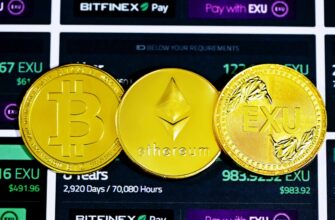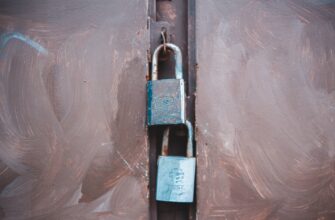Why Safely Buying and Storing Bitcoin Matters
Bitcoin’s decentralized nature gives you full control over your funds, but this also means security is 100% your responsibility. Unlike traditional banks, crypto transactions can’t be reversed if compromised. Learning how to safely buy and store Bitcoin protects your investment from hackers, scams, and human error.
Step 1: Buying Bitcoin Safely
Choose a Reputable Exchange:
– Opt for platforms like Coinbase, Kraken, or Binance with strong security features (e.g., 2FA, insurance).
– Verify regulatory compliance in your region.
Secure Your Account:
– Enable two-factor authentication (2FA) via an app like Google Authenticator.
– Use a unique, complex password and avoid SMS-based 2FA.
Payment Methods:
– Link a bank account or debit card for lower fees.
– Avoid credit cards due to high interest rates and fraud risks.
Buying Tips:
– Start with small amounts to test the process.
– Use limit orders for better price control.
Step 2: Storing Bitcoin Securely
Hot Wallets vs. Cold Wallets:
– Hot wallets (e.g., Exodus, Trust Wallet) are convenient for frequent trading but vulnerable to hacks.
– Cold wallets (e.g., Ledger, Trezor) store crypto offline for maximum security.
Hardware Wallet Setup:
1. Purchase directly from the manufacturer to avoid tampered devices.
2. Generate a recovery phrase offline.
3. Set a strong PIN code.
Paper Wallet Caution:
– Only use if you understand physical storage risks (fire, water damage).
– Generate keys offline using trusted software like BitAddress.
Best Practices:
– Never share private keys or recovery phrases.
– Store backups in multiple secure locations (e.g., safe deposit box, fireproof pouch).
– Update wallet software regularly.
Common Bitcoin Security Mistakes to Avoid
– Storing large amounts on exchanges (“Not your keys, not your crypto”).
– Using public Wi-Fi for transactions.
– Falling for phishing emails or fake wallet apps.
– Neglecting to test wallet recovery processes.
Bitcoin Safety FAQ
Q: Can I recover lost Bitcoin?
A: Only if you have your private key or recovery phrase. Lost keys mean permanent loss.
Q: Are hardware wallets worth the cost?
A: Yes – they’re essential for storing large amounts long-term ($59-$200).
Q: How often should I check my Bitcoin?
A: For cold storage, check quarterly. Active traders should monitor daily.
Q: Is Bitcoin safer than traditional banks?
A: It’s different – banks offer fraud protection, while Bitcoin requires self-management.
Q: Can hackers steal from a hardware wallet?
A: Extremely unlikely if you keep the device and recovery phrase secure.
By following these guidelines, you’ll significantly reduce risks while participating in the exciting world of cryptocurrency. Always prioritize security over convenience when handling Bitcoin.








